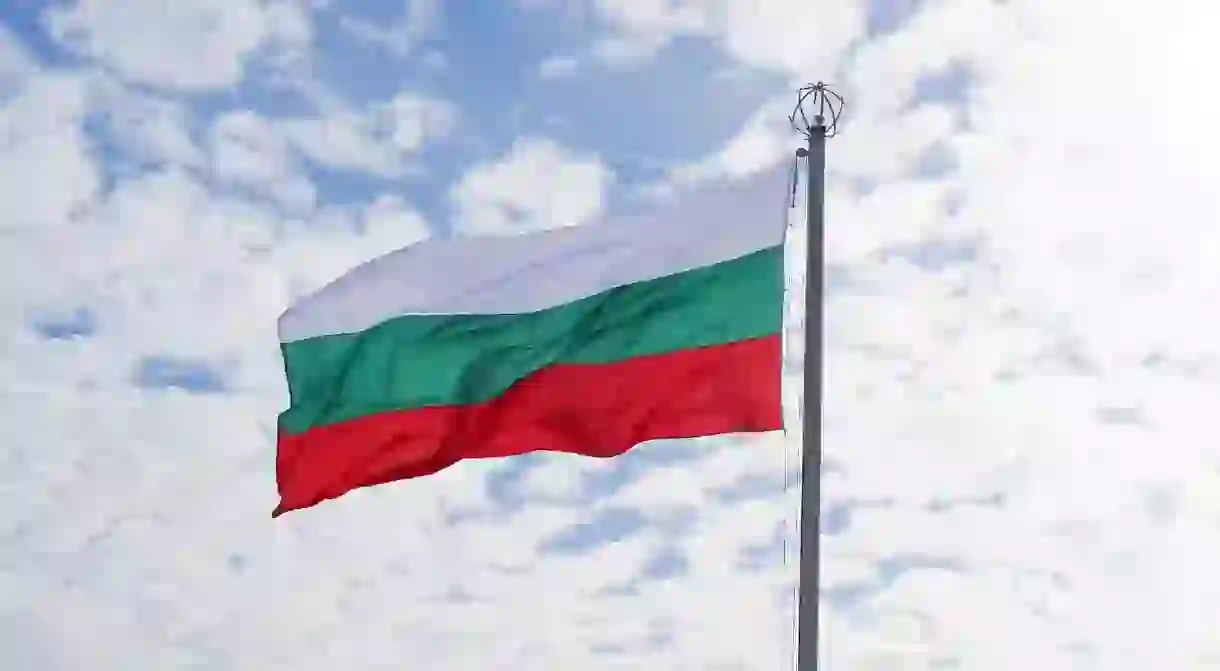Phrases You Need to Know Before Visiting Bulgaria

Bulgarians are warm and friendly to foreigners but sometimes they find it hard to express their amiability in English. Furthermore, most of the middle-aged and older people speak better Russian than English, so if you learn a few words in Bulgarian, you’ll break the ice and bring a smile to their face. Here’s a list of 12 useful phrases to learn before you visit Bulgaria.
Did you know you can now travel with Culture Trip? Book now and join one of our premium small-group tours to discover the world like never before.
Dobar den! (Добър ден!/Doh-bur dehn!)
Meaning: “Hello!” in the local language is always a great start no matter where in the world you are.
Blagodarya! (Благодаря!/Blah-goh-da-rya!)
Meaning: “Thank you!” in Bulgarian requires quite an effort to pronounce but you’ll be rewarded with a big, genuine smile when you do. Another, more casual word for “thank you” is the French “Merci”, which is very widely used and it’s easier to remember. You can use both.
Dovijdane! (Довиждане!/Doh-veezh-dah-nay!)
Meaning: “Goodbye” is another long and tongue-twisting word and again you have an easier option. Bulgarians use the Italian “Ciao” as a more informal equivalent.

Izvinete(Извинете/Eez-vee-neh-teh)
Meaning: “Excuse me”. You might need this word if you happen to use the public transportation in rush hour and have to get to the door to get off. Just keep on repeating “Izvinete, izvinete” while pushing your way to the door.
Nazdrave! (Наздраве!/Naz-drah-veh!)
Meaning: In Bulgarian they use the same word for “Cheers” when drinking and for “Bless you” when you sneeze. It literally means “To your health!”, or “Be healthy”. Remember that in Bulgaria, it’s not acceptable to say “Cheers” if you’re not drinking alcohol.
Molya (Моля/Moh-lya)
Meaning: “Please” or “welcome”.
Edna golyama bira/rakia, molya! (Една голяма бира/ракия, моля!/Eh-dna goh-lya-ma rah-kiya beera moh-lya)
Meaning: “One big beer/rakia, please!”. You already know molya, all you have to do is learn the numbers in Bulgarian and you’re ready to order at the bar! All the alcohol names are the same or very similar to English, so you’ll find it easy to compile a sentence. If you don’t have time to learn the numbers, use your fingers, it’s a universal language.

Mnogo si krasiva! (Много си красива!Mnoh-goh see kra-see-vah!)
Meaning: “You’re very beautiful!” – you can only say this phrase to a woman. Depending on what country you come from, you might find Bulgarian men too pushy when trying to impress a woman (if you come from Germany or Sweden, for example) or you might feel at home (if you come from Italy).
Yako (Яко/Yah-koh)
Meaning:“Cool”. Your Bulgarian friend has just got a new job? Yako!
Da be! (Да бе!Dah beh!)
Meaning: “Really? Get away! It can’t be true!” – such a complex meaning compressed in only two short words.
Kolko struva? (Колко струва?/Kol-koh stroo-vah?)
Meaning: “How much is it?” is a useful phrase when you are visiting a market or other place where you can’t see the prices. It’s good to know that there’s a law in Bulgaria obligating all shops to put clearly visible prices on all the products for sale.
Skapo e (Скъпо е/Sku-po eh)
Meaning: “It’s expensive” is the phrase to use when you know the price of what you are about to buy and won’t let anyone rip you off just because you are not a local.













